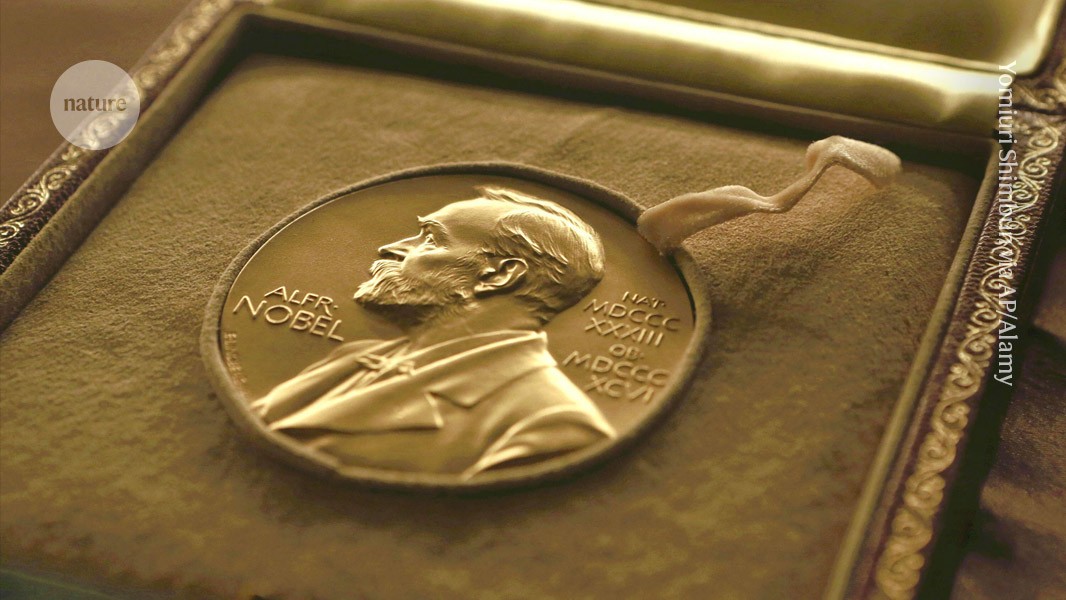
"The Nobel prizes are the most famous awards in science - and for many, the ultimate badge of research excellence and achievement. But in the past few years, a flurry of other prizes have popped up - in some cases to fill gaps in the subject areas covered by the Nobels, and in others, to offer a bigger financial reward. With the Nobel prizes set to be announced next week, how do these prizes compare with one another?"
"Yet, the prizes leave many scientific fields out in the cold, such as mathematics, technology and climate science. "For many wonderful discoveries, there is no Nobel prize," says Seager, giving the example of mathematician and meteorologist Edward Lorenz, whose work elucidated chaos theory, otherwise known as the butterfly effect. History also indicates that the scientists with the best chance of winning a Nobel prize are men from Europe or North America."
The Nobel prizes remain the most famous awards in science and are widely regarded as the ultimate badge of research excellence and achievement. In recent years a flurry of other prizes has appeared, with some created to fill subject-area gaps left by the Nobels and others offering much larger financial rewards. Leading scientists such as Robert Langer and Sara Seager consider none of the newer awards to match the Nobel’s prestige. Several newer awards borrow the Nobel label in public perception, and some prizes act as predictors of future Nobel winners. Many fields, including mathematics, technology and climate science, lack Nobel recognition.
Read at Nature
Unable to calculate read time
Collection
[
|
...
]